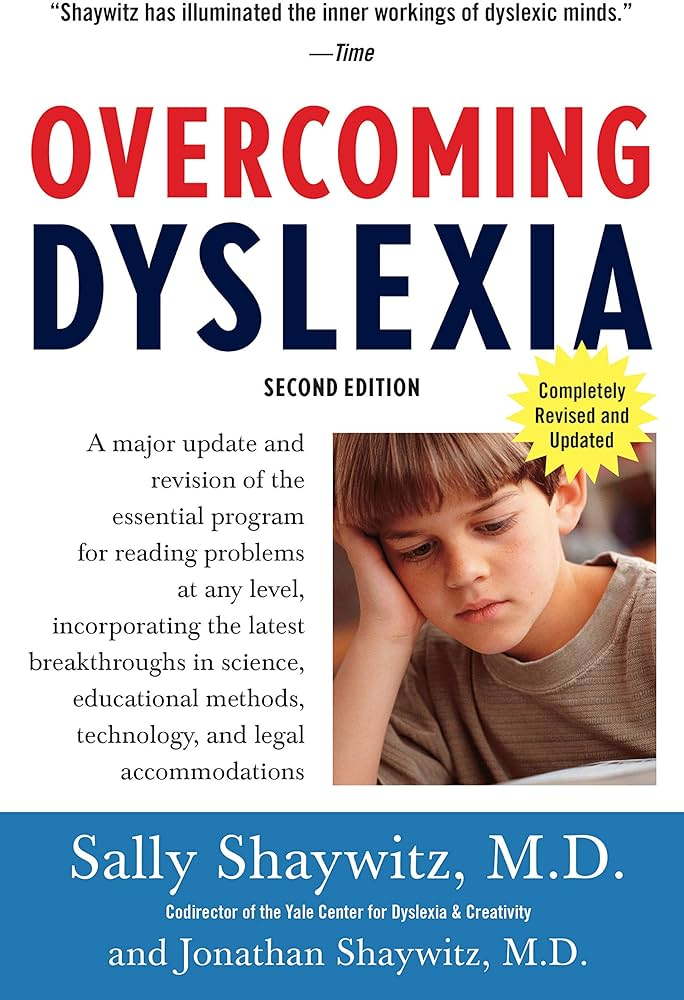Unlocking Literacy: A Dyslexia Exploration. Chapter 21 of Overcoming Dyslexia
- Josh Morgan

- May 14, 2024
- 2 min read
Empowering Dyslexic Readers: Strategies for Success
Greetings, fellow educators, specialists, and families! Today, we embark on a journey through Chapter 21 of "Overcoming Dyslexia," a treasure trove of insights into teaching dyslexic children to read. As I navigate my coursework to become a dyslexia specialist or CALT, this chapter deeply resonates with my 17 years of experience as a dedicated special educator and interventionist.
Chapter 21: Teaching the Dyslexic Child to Read
The Power of Phonemic Awareness and Phonics
In dyslexia intervention, phonemic awareness and phonics stand as pillars of early reading success. Research underscores their critical role, especially for dyslexic learners. However, for these children, approaches must be intensified, frequent, persistent, and sustained over time to yield optimal results.
Tailored Programs for Dyslexic Learners
Effective programs like Fundations and the Gillingham tutorial approach provide structured, multisensory instruction essential for dyslexic students. These programs integrate phonological awareness and letter knowledge training, offering a comprehensive approach to reading and spelling.
Navigating Program Selection
Choosing the right program involves considering various factors, including teacher training, availability of materials, and implementation time. It's crucial to select programs that align with evidence-based practices and offer comprehensive support for dyslexic learners.
Fluency: The Bridge to Comprehension
Fluent reading of connected text is paramount for comprehension. Repeated oral reading, both at school and home, is a cornerstone of fluency training. Parents can play a pivotal role by prioritizing fluency practice through regular reading sessions, providing valuable reinforcement for their child's progress.
Building Vocabulary and Comprehension
A robust vocabulary is the cornerstone of reading comprehension. Dyslexic learners benefit greatly from building extensive word reservoirs, enabling them to decode words effectively. Ultimately, the goal of reading is comprehension, emphasizing the importance of understanding the author's message.
Writing: A Path to Expression
Direct, explicit instruction in writing is vital for dyslexic students. Programs like Teaching Basic Writing Skills focus on raising linguistic complexity and improving organizational skills, empowering dyslexic learners to express themselves effectively through writing.
A Call to Action: Empowering Dyslexic Readers
As we embark on this journey, let's heed the lessons from Chapter 21 and take action to support dyslexic learners. Here's how you can make a difference:
Advocate for Evidence-Based Practices: Insist on programs backed by scientific research and tailored to dyslexic learners' needs.
Prioritize Fluency Practice: Encourage repeated oral reading sessions at home and school to enhance fluency and comprehension.
Build Vocabulary: Provide opportunities for dyslexic learners to expand their word reservoirs through targeted vocabulary instruction.
Support Writing Skills: Offer direct instruction in writing to foster expression and communication skills.
Together, let's empower dyslexic readers to overcome challenges and unlock their full potential. By implementing evidence-based strategies and fostering a supportive learning environment, we can create a brighter future for all dyslexic learners.
Here's to transforming lives through literacy!






Comments